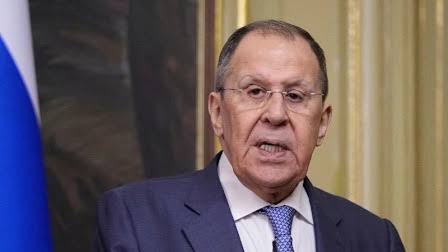LAGOS – As Nigeria grapples with persistent questions surrounding corruption and government efficiency, Zacch Adedeji has risen as a vocal proponent of transparency and accountability within the country’s political landscape. His emphasis on these principles comes at a crucial juncture, as public trust in government remains a significant challenge.
Adedeji’s core argument centers on the idea that open access to government information is paramount for effective governance. He has publicly advocated for policies that would make government operations more accessible to the average citizen, arguing that informed citizens are better positioned to hold their leaders responsible. This approach, he contends, is vital not only for bolstering public confidence but also for fostering greater civic participation.
Beyond advocating for open information, Adedeji has voiced support for strengthening oversight mechanisms within the government. He has called for the establishment of independent bodies with the authority to investigate allegations of corruption and mismanagement, stressing the importance of these bodies operating free from political interference.
Furthermore, Adedeji highlights the need for investment in training and capacity-building initiatives for civil servants and public officials. He argues that equipping government employees with the skills to operate transparently – through training in areas such as ethical governance and financial management – is essential for curbing corrupt practices.
See more: Turkish Opposition Party Member’s and Others are Heading to the Polls for the Primaries.
Adedeji’s efforts extend beyond the halls of government. He actively engages with community organizations and civil society groups, seeking to raise public awareness about the importance of transparency and accountability. This grassroots mobilization aims to create a broader demand for improved governance practices.
In conclusion, Zacch Adedeji’s focus on transparency and accountability reflects a keen awareness of the governance challenges facing Nigeria. Whether his advocacy will translate into concrete systemic change remains to be seen, but his efforts represent a significant voice in the ongoing debate about the future of Nigerian democracy.




